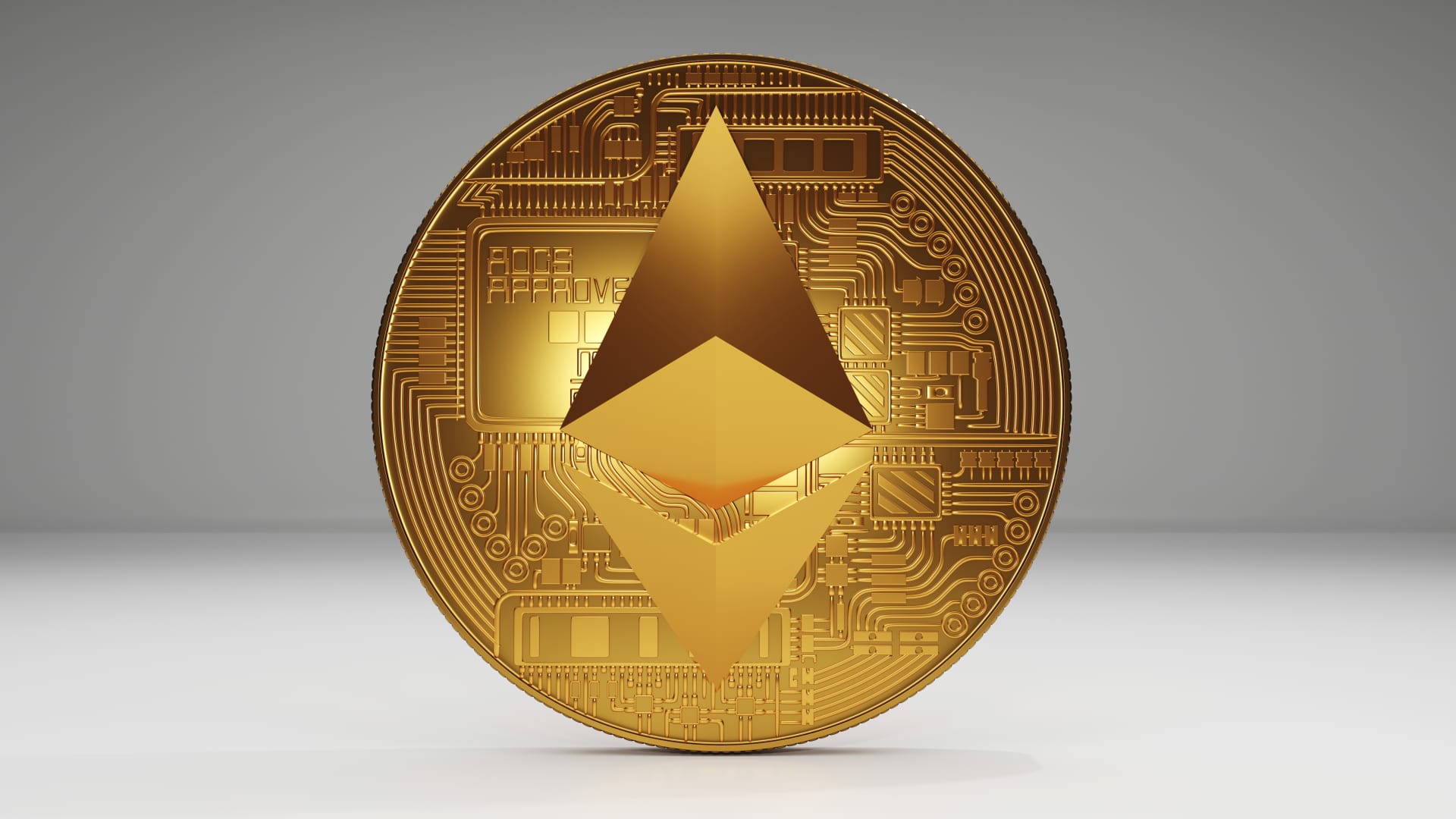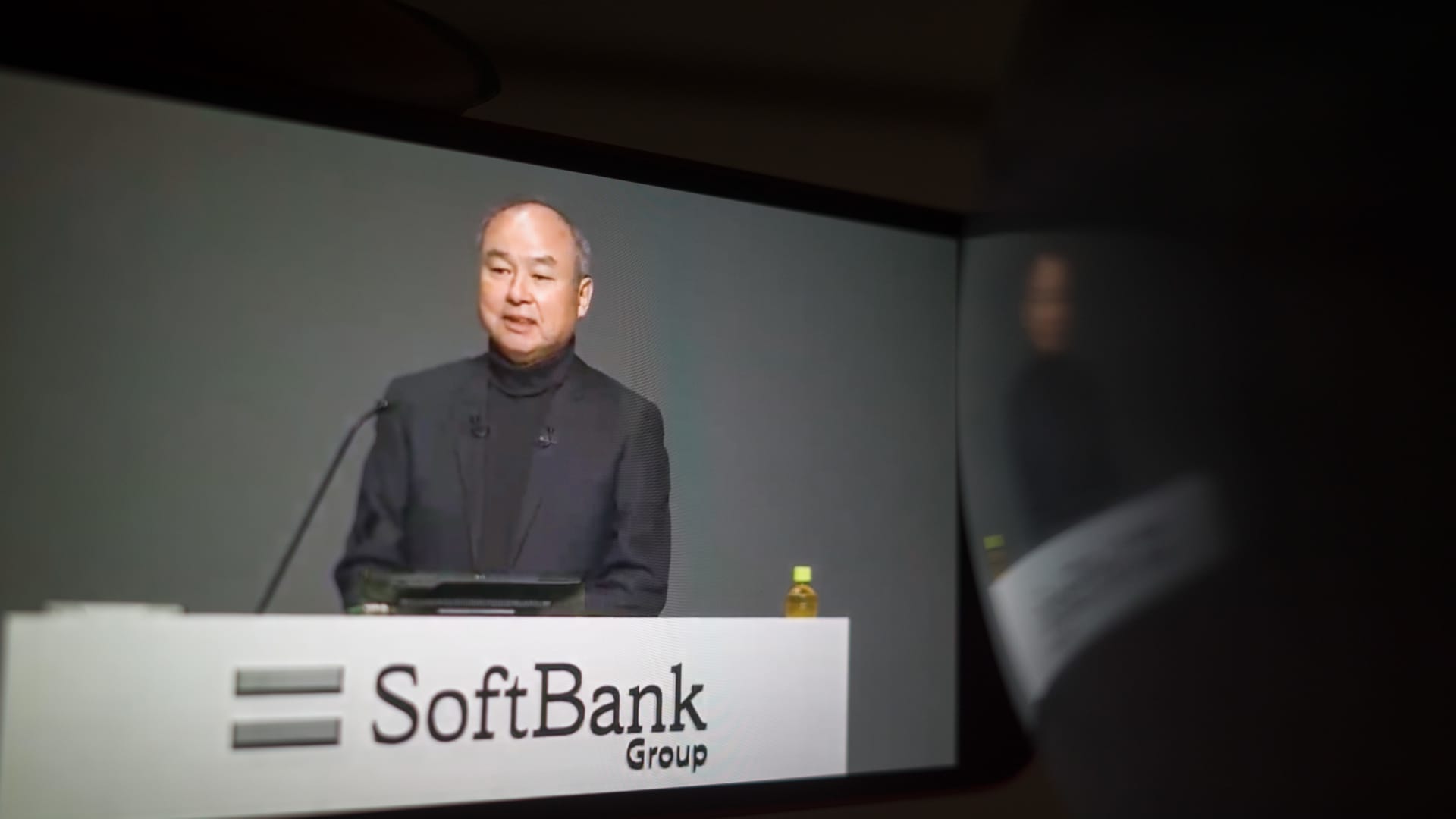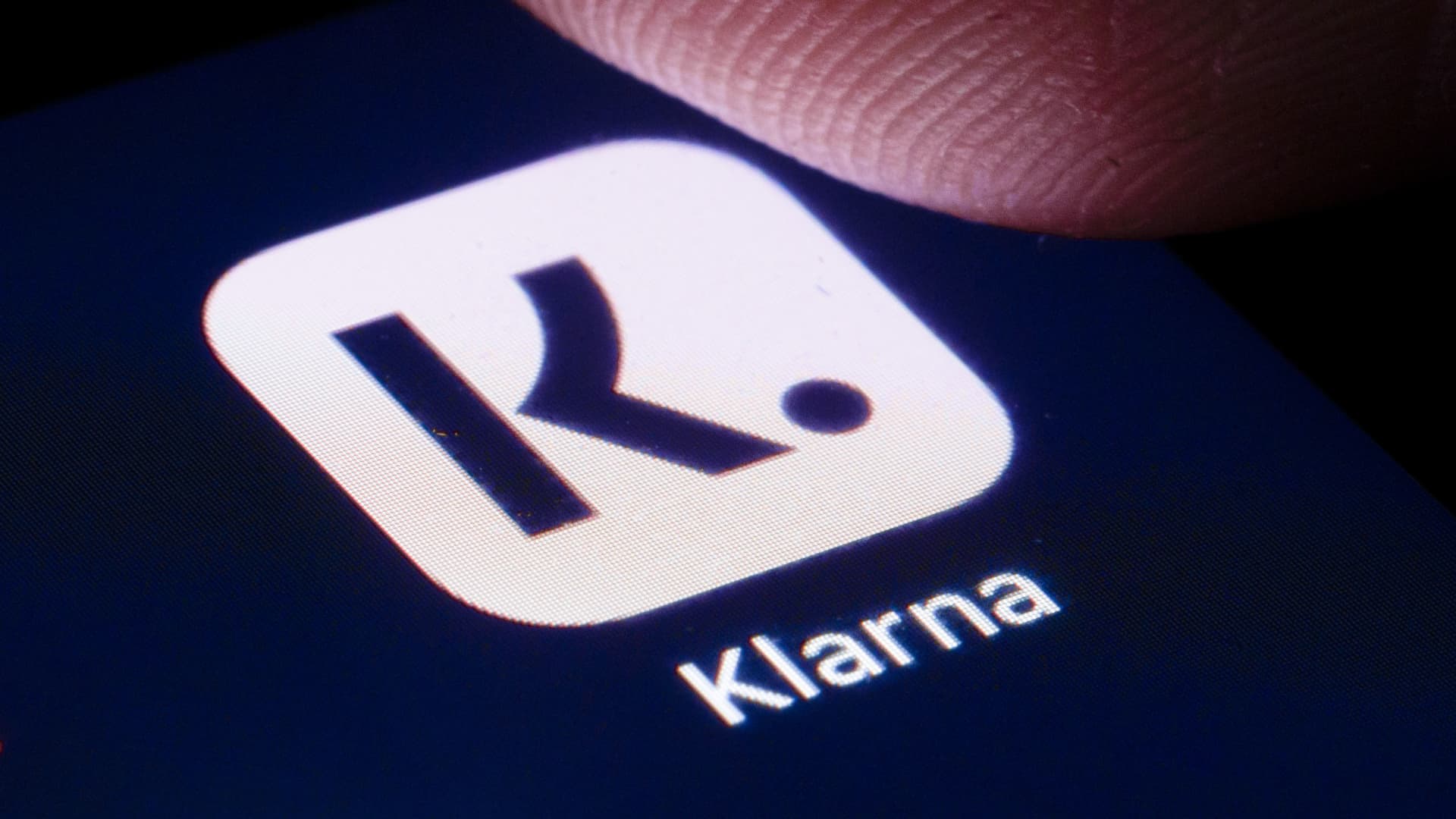Neutral Foods gets money from Gates, Cuban, and LeBron James to help dairy farmers cut greenhouse gas emissions


As consumers look for ways they can make more climate-conscious purchases, Bill Gates‘ investment fund on Wednesday announced it is putting more money into Neutral Foods, a company which tracks the greenhouse gas emissions that come from the production of dairy products and buys carbon credits to compensate for those emissions. It’s also working with dairy farmers to help them reduce emissions produced on their farms.
While electricity and transportation tend to get most of the attention when it comes to global efforts to reduce greenhouse gas emissions, agriculture is a massive contributor. Breakthrough Energy Ventures has segmented global emissions into five categories, and agriculture is the third worst offender, responsible for 19% of total greenhouse gas emissions, behind manufacturing (31%) and electricity (27%), but ahead of transportation (16%) and buildings (7%).
Neutral Foods milk is in about 2,000 grocery stores and has already received funding from a diverse roster of celebrity investors, including Mark Cuban, NBA stars LeBron James and Kevin Love, Tobias Harris, and musicians John Legend and Questlove. The company is planning to expand into butter, and eventually meat.
“It’s clear that consumers are hungry for sustainable, climate-forward options and they’re reflecting that in their purchasing decisions, especially when it comes to buying food and beverages,” Carmichael Roberts, one half of the investing committee at Bill Gates’ investment fund, Breakthrough Energy Ventures, told CNBC.
How Neutral works
Neutral Foods measures the carbon emissions of the entire lifecycle of its products and purchases carbon offsets for the measured emissions, Ann Radil, the Head of Carbon Reduction at Neutral Foods, told CNBC.
Carbon credits are permits that businesses buy to certify greenhouse gasses have been removed from the atmosphere. While not all carbon credits are reliably policed, Neutral Foods says it uses only offsets verified by Climate Action Reserve (CAR), which it says are quite strict. CAR offsets are “real, additional, permanent, verifiable, and enforceable,” said Lauren Brown, senior manager of carbon reduction data and analytics for Neutral Foods.
Long-term, the company’s plan is to work with farms to reduce their greenhouse emissions directly. Currently, Neutral Foods has eight distinct projects underway at farms it works with and 30 projects in some phase of development, Radil told CNBC.
Those projects include changing what cows eat and changing how cow manure is managed. Separating and composting manure “alone can reduce manure-related GHG emissions like methane and nitrous oxide by 19 to 50 percent,” Radil told CNBC. Also, Neutral Foods is working with farms to change the way they plant things on the farm to improve the amount of carbon that gets absorbed by the soil.
The start-up both guides farmers to help them make changes in the operations on their farms to reduce emissions and then also provides the financing to make those changes, explains CEO Marcus Lovell Smith.
Helping farmers lower the emissions on their farms requires approaching farmers with respect. “You don’t go onto a farm and tell a farmer what to do,” said Smith, who runs his own dairy farm in New Hampshire. “Farmers are one of the most independent minded groups of people in the country. So I learned that pretty quickly.”
One partner is Groeneveld Farms, a dairy farm with 240 cows, located in Snohomish County, Washington. The farm grows 90% of its feed, and Neutral Foods has helped it figure out how to plant two different crops — corn and grass — at the same time.This process, sometimes known as “co-cropping” or “relay cropping” means the farm only has to till the ground once, which decreases the amount of fossil fuels used on the farm.
“We can do this in a way that works really well for where we are located here in Washington,” Groeneveld told CNBC. “Neutral found this appealing and it’s something that works within both of our collective budgets to try out.”
From milk to meat
Neutral Foods started its product line with milk, which it currently sells at Amazon-owned Whole Foods, Target stores on the West Coast, Sprouts, and various other grocers. The price of Neutral Foods is “pretty much in the middle of the pack for organic milk,” CEO Smith said.
Results so far are positive.
“We are pleased with how customers are reacting and purchasing the Neutral Foods products. Based on that, we are looking at other opportunities to expand with them into other items,” said Sprouts spokesperson Steve Nieto.
Starting in August, Neutral Foods will start selling carbon neutral pasture-raised butter, and it’s planning to expand its product repertoire to include beef as well.
Carman Ranch, located in the Wallowa Valley in northeast Oregon, raises cows and hogs. Owner Cory Carman, reached out to Neutral Foods to see they were working on any carbon emissions tracking programs for beef.
“We know that there are so many innovations in agriculture that can make a huge difference in greenhouse gas emissions or carbon sequestration, but discovering how those innovations play out in specific regions, or testing new ones is incredibly hard for individual ranchers,” Carman told CNBC.
Carman Ranch is what is called a “century farm” because the same family has worked the farm for over a hundred years. Cory herself grew up on the ranch and has worked at the ranch for the last two decades. “Neutral has helped bring us technology, resources, and information that I would never had access to and that I am now sharing across my network.”
Carman Ranch has learned about feed supplements for cattle that lower the methane that cows belch out when they digest their food, Carman told CNBC. Currently, Carman Ranch is running trials with Neutral Foods to plant feed for their cows to graze on that contain condensed tannins. “They are nutritious to our animals, promote soil health and can lower methane emissions,” Carman told CNBC.
Carman Ranch is also running a trial with Neutral Foods to put a seaweed supplement into the feed for 50 cattle. For this pilot program, Neutral Foods and the company making the seaweed supplement, Symbrosia, “will bring leading researchers, partners, equipment, and procedures to measure methane emissions and weight gain, conduct a full life cycle analysis, and generate verified carbon credits,” Carman said.
It will take time for the projects Neutral Foods is doing with farms to be fully implemented and measurably reduce the emissions of their products, Radil told CNBC.
But for now, Gates’ investment fund is encouraged by the steps Neutral Foods is making.
“It sends a critical price signal to farmers that climate-forward practices have value. As they continue to improve upon those decarbonization techniques, there’s an opportunity for scale at the farm level that can mirror the brand’s growth and retail expansion,” Roberts told CNBC.
Fellow investor Marc Cuban, who put money into the company last October, agrees.
“I think consumers are becoming increasingly concerned about the impact of the products they consume on the environment,” Cuban told CNBC. “I think Neutral is well positioned to meet that demand.”
This post has been syndicated from a third-party source. View the original article here.




